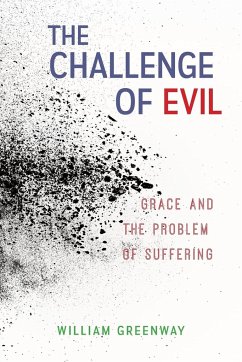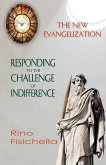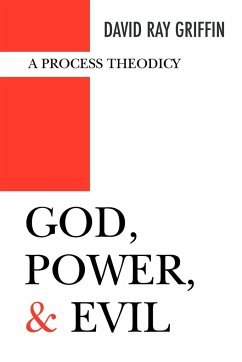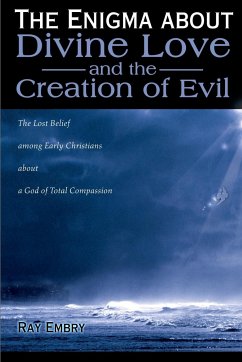Belief in God in the face of suffering is one of the most intractable problems of Christian theology. Many respond to the spiritual challenge of evil by ignoring it, blaming God, or insisting on the inherent meaninglessness of life. In this book, William Greenway contends that we don't have to deny our moral selves by either ignoring evil or abandoning our moral sensibilities toward it. We can open our eyes fully to suffering and evil, and our own complicity in them. We can do so because it is only in this full acceptance of the world's guilt and our own that we make ourselves fully open to agape, to being seized by love of others and God. Inspired by the Jewish philosopher Emmanuel Levinas and the Christian novelist Fyodor Dostoyevsky, The Challenge of Evil lovingly explains how we can look squarely at the overwhelming suffering in the world and still, by grace, have faith in a good and loving God.
Hinweis: Dieser Artikel kann nur an eine deutsche Lieferadresse ausgeliefert werden.
Hinweis: Dieser Artikel kann nur an eine deutsche Lieferadresse ausgeliefert werden.




![Encountering Evil [New Ed] Encountering Evil [New Ed]](https://bilder.buecher.de/produkte/22/22406/22406013n.jpg)



